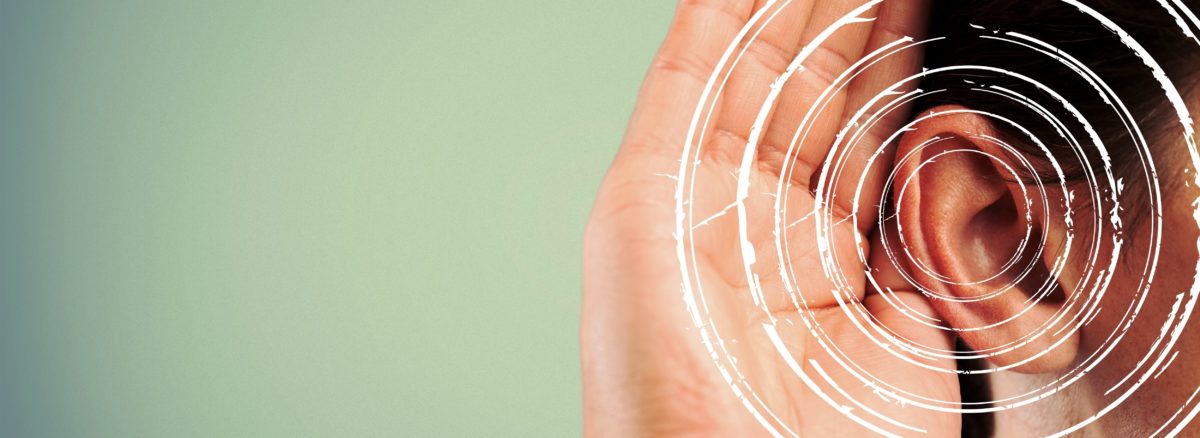Hearing loss affects millions of Americans of all ages and walks of life—are you one of them? At Woodridge Clinic, our eleven physicians screen patients of all ages for hearing problems. Read on to learn more about hearing problems and what signs indicate that you need a screening.
What causes hearing loss?
People lose their ability to hear properly for a variety of reasons. Some are congenital (such as an auditory processing disorder); others are acquired through infection, trauma, auto-immune disorders, heredity, and simple aging. However, it is a misconception that hearing problems, screenings, and assistive devices are just for the elderly. That’s why Dr. Umang Patel and the professional team at Woodridge Clinic discuss the importance of hearing screenings with each patient during annual examinations.
Types of hearing problems include sensorineural issues involving the acoustic nerve, auditory processing disorders, and acoustic conditions, which pertain to the bony structure of the ear itself. While a basic hearing screening may not conclusively pinpoint your particular type of hearing loss, it will indicate the need for further investigation through an audiologist or otolaryngologist (also known as an ear, nose, and throat physician).
Signs that you may need a hearing screening
There are many indicators that your hearing is changing. While you may be aware of some, you may be oblivious to other signs that are obvious to your loved ones, friends, and co-workers. These signs may include:
- Struggling to understand conversations in a crowded room (party or restaurant)
- Asking people to repeat words or whole sentences
- Having trouble understanding high-pitched, soft voices (children’s and women’s)
- Feeling excessively tired after prolonged social interaction
- Having headaches after a party or concert
- Experiencing Tinnitus (a constant buzzing, ringing, or whooshing sound)
- Feeling the need to continually turn up the volume on the radio, computer, or TV
- Being unaware of ordinary sounds associated with early morning (e.g. birds, alarm clock, cell phone, etc.)
The National Institute on Deafness and other Hearing Disorders says that hearing loss may impact interpersonal and professional relationships. Research also indicates that your hearing directly affects how well you think and understand new concepts.
Don’t wait
If you suspect that you have an issue with your ability to hear properly, call Woodridge Clinic for an in-office hearing screening. We will help you on the path to better hearing when you visit one of our three locations in Woodridge, Lemont, or Lombard. Call for an appointment at (630) 910-1177.

